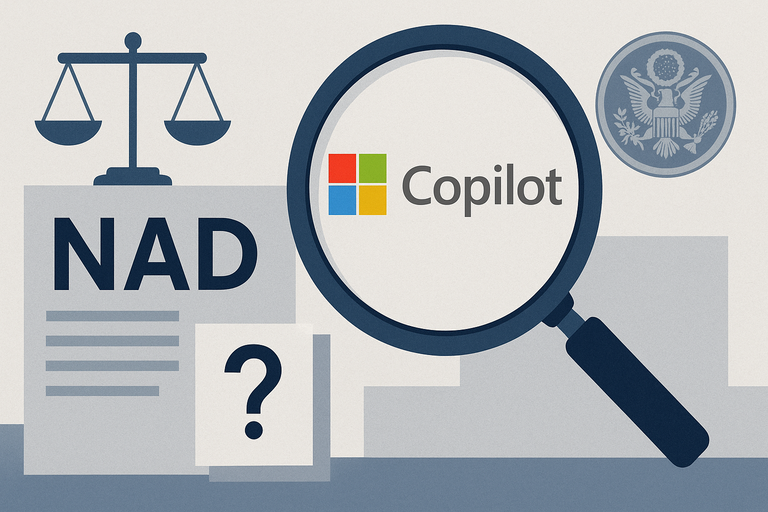
NAD Challenges AI Product Messaging on Accuracy and Transparency
Advertising Oversight Sparks Changes
The U.S. National Advertising Division (NAD) has formally recommended that Microsoft revise or discontinue certain claims used in marketing its Copilot AI tools. The move follows a comprehensive review of promotional materials that some experts argued may have overstated the technology’s capabilities.
Which Claims Were Disputed?
NAD found that while some of Microsoft’s messaging around Copilot — including descriptions of real-time productivity and seamless integration — was substantiated, other assertions lacked sufficient evidence. In particular, NAD questioned language suggesting full task autonomy or complete human replacement.
Microsoft Responds with Revisions
In response, Microsoft agreed to comply with parts of the NAD recommendation. The company will update marketing, clarify Copilot’s limitations, and provide context for productivity claims.
AI Marketing Under the Microscope
This case highlights broader concerns over AI branding and transparency. Regulators intensify scrutiny of AI consumer and enterprise marketing to prevent misleading hype.
Trust and Ethics in AI Communication
The NAD ruling may influence how tech companies promote AI going forward. By encouraging greater clarity and honesty in messaging, the decision supports a growing movement for responsible AI marketing — one that aligns consumer expectations with technological reality.
